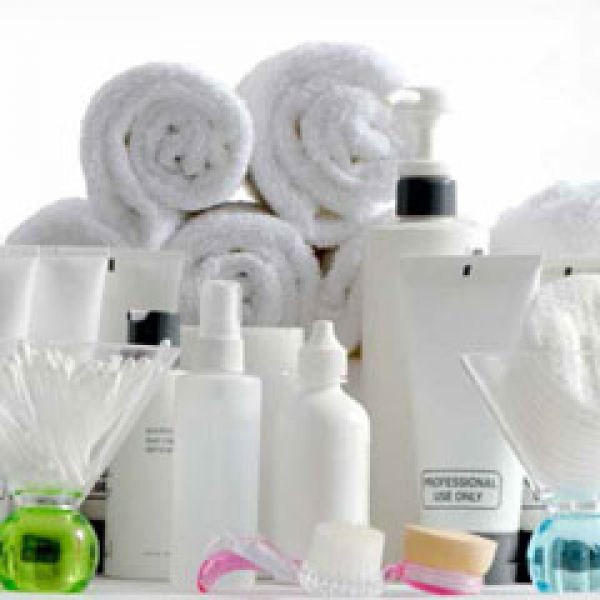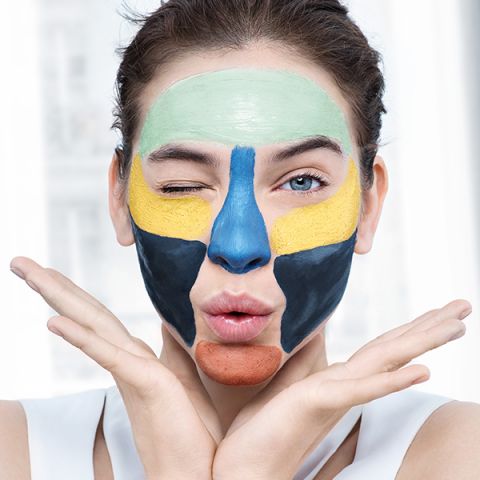The therapist is often the first professional point of contact when it comes to treating acne, but how does the BABTAC member tackle such a complex problem?
Facial acne is visually impacting and difficult to hide. Even a mild form of acne can badly influence someones quality of life and self-esteem in the long-term.
Acne is a skin disease and is best treated in the hands of a GP or Dermatologist. Only mild forms of acne, spots and blemishes can be addressed by a therapist. However, beauty therapists are often the first point of contact for the public who have concerns and questions regarding their acne, frequently looking for guidence, support and help.
Since 2013, Dr Katerina Stevenson has represented BABTAC on the NHS panel of the Acne PSP (Acne Priority Setting Partnership), promoting research into acne treatment. Acne PSP has bought together people with acne along with every profession that treats it. It is important to ensure all acne sufferers receive relevant and effective information and treatment. Therefore, it is essential also for the beauty therapist to stay up tp date.
The therapist has a much greater role to play in helping people with acne and advising them on evidence-based skincare and lifestyle changes. To understand the challenges facing beauty therapists today, Dr Steventon carried out a small survey among BABTAC members regarding their expertise, current practice and gaps in training.
For the results of this survey please grab your copy of VITALITY!
Where next for Beauty Therapists?

Katerina says: "Evidence based treatmetns are in the future. Even for therapists without a background in biology it is important to incorporate new research findings into their daily practice. Treatment devices, for example IPL, can enhance the manual acne therapy practice. The role of the beauty therapist is to talk to the client in a kind and caring manner, being open to their stories and experiences is indespensible. Working alongside the NHS is a given; yet the NHS is working towards more people centred care, listening to patients and how they make day to day decisions concerning the effectivness of your treatment" Dr Steventon would like to encourage you to enhance your expertise to give beauty therapy the role it deserves to play in helping ameliorate acne.




